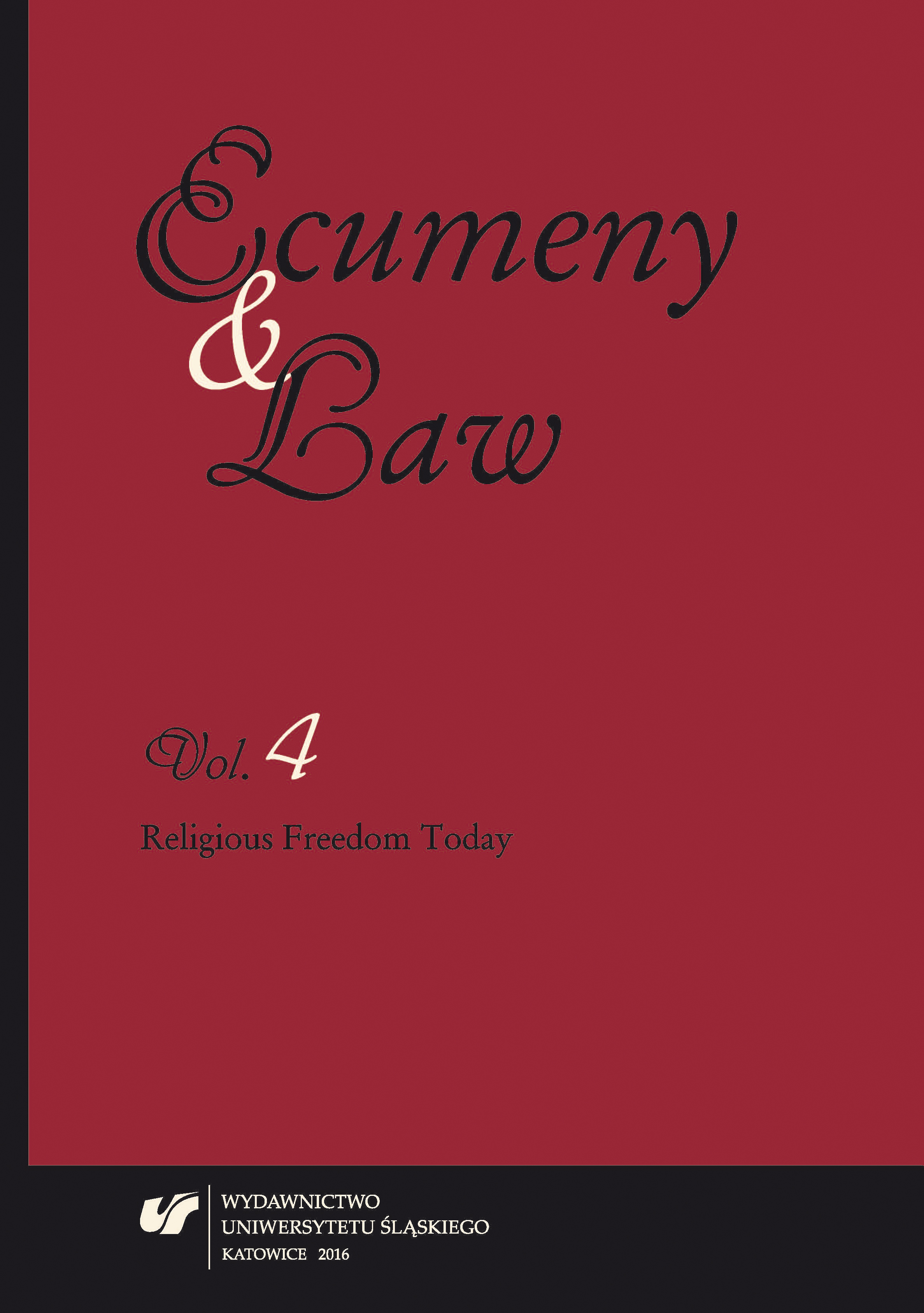The Autonomy of Religious Denominations in Romania
The Autonomy of Religious Denominations in Romania
Author(s): Cătălina MititeluSubject(s): Sociology of Religion
Published by: Wydawnictwo Uniwersytetu Śląskiego
Keywords: Church autonomy; religious communities; religious freedom
Summary/Abstract: Over the centuries, the manifestations of Church autonomy, in its relationships with the state, and, in fact, the materialization of the support granted to the Church by the state differed from one ruler or prince to another, and from one era to another. In Romania, the Church autonomy and the state’s support followed the Byzantine tradition, stipulated by the ancient juridical principle of the συμψωνία, expressed in terms of reciprocal consent for the collaboration and the benefice of the two basic institutions of the human society, the state, and the Church. Both the constitution currently in force and Law 489/2006 demonstrate the autonomous status of the religious denominations in Romania, although some jurists continue to perceive it in terms of the language used by the Law of 1905 in France, whereby the two areas, that is, the spiritual-religious and the secular ones, were separated; hence the improper assertion that the state is “neutral” to any religious faith (Art. 9 of Law 489/2006).
Journal: Ecumeny and Law
- Issue Year: 2016
- Issue No: 4
- Page Range: 275-296
- Page Count: 22
- Language: English

